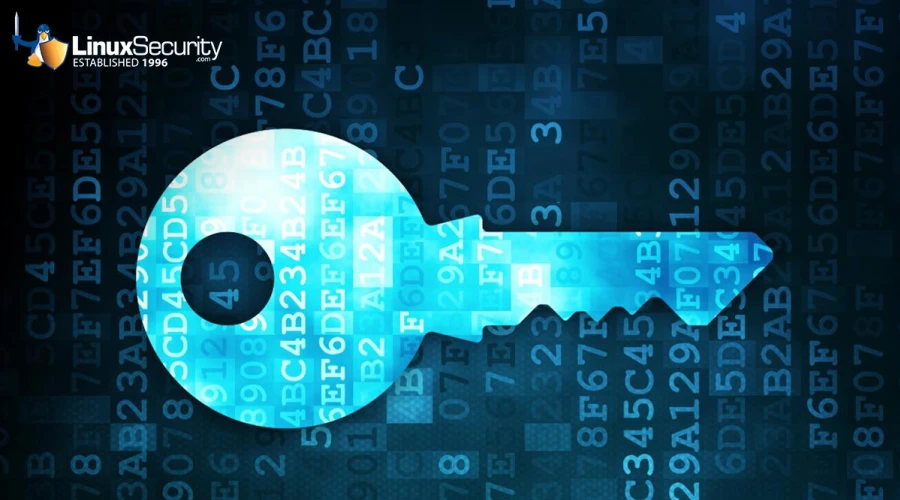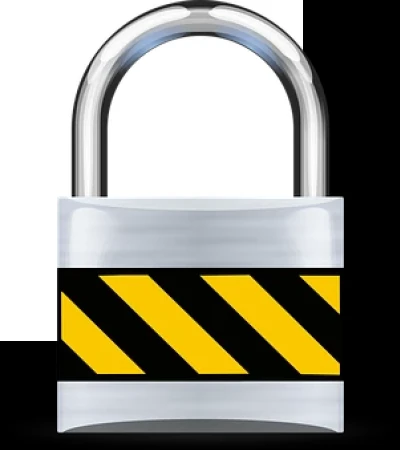
The European Court of Human Rights (ECHR) has made a major decision, ruling that laws requiring weakened encryption and extensive data retention violate the European Convention on Human Rights. In a recent case involving Russia's demand for Telegram to provide encryption assistance, the Court stated that such legislation cannot be considered necessary in a democratic society.
This landmark ruling has significant implications for data surveillance legislation across Europe, including the proposed Chat Control and the UK government's Online Safety Act, which aim to weaken encryption for the purpose of scanning digital communications for illegal content.
What Are the Security & Privacy Implications of This Decision?
The ECHR's decision carries profound implications for security practitioners and privacy-conscious individuals. The ruling highlights the importance of encryption for maintaining privacy and security in a democratic society. It questions the legitimacy of governments' attempts to weaken encryption for the sake of law enforcement and surveillance, as it ultimately compromises the protection and privacy of all users.
 Weakened encryption could have significant security consequences. Ransomware attacks targeting operational technology (OT) systems, such as those used in power plants and water treatment facilities, may become more prevalent. While traditional ransomware attacks have primarily focused on financial gain, the prospect of ransomware specifically designed to disrupt critical infrastructure's operational capabilities poses a new and alarming threat. Criminal groups, as well as nation-state attackers, could exploit these vulnerabilities, potentially causing physical harm and societal chaos.
Weakened encryption could have significant security consequences. Ransomware attacks targeting operational technology (OT) systems, such as those used in power plants and water treatment facilities, may become more prevalent. While traditional ransomware attacks have primarily focused on financial gain, the prospect of ransomware specifically designed to disrupt critical infrastructure's operational capabilities poses a new and alarming threat. Criminal groups, as well as nation-state attackers, could exploit these vulnerabilities, potentially causing physical harm and societal chaos.
These implications prompt critical questions about the long-term consequences of backdoored encryption. Will weakened encryption actually lead to improved security, or will it create more vulnerabilities for criminals to exploit? Moreover, will governments be able to maintain control over the technology needed to exploit these backdoors, or are they unintentionally opening the door for hostile actors to wreak havoc?
As security practitioners, we must consider the potential impact on our work and be mindful of the broader implications. The ECHR's ruling becomes a rallying point for privacy advocates and those who understand the importance of encryption in safeguarding individual freedoms. It empowers us to push back against intrusive surveillance measures and fight for strong encryption standards.
Additionally, this ruling resonates beyond legal frameworks and poses broader challenges for international cooperation on data security and privacy. With varying approaches to encryption laws across different countries, achieving a harmonized approach becomes more complex. This fragmentation can lead to confusion and exploitation by malicious actors seeking refuge in countries with lax encryption regulations.
Our Final Thoughts on The ECHR's Decision
The ECHR's decision on backdoored encryption serves as a critical reminder of the significance of encryption in safeguarding our privacy and security. It challenges governments, security practitioners, and the technology industry to balance collective safety and individual rights. As security professionals, it is our responsibility to advocate for strong encryption, subvert unwarranted surveillance measures, and ensure the protection of our digital infrastructure and personal data.













